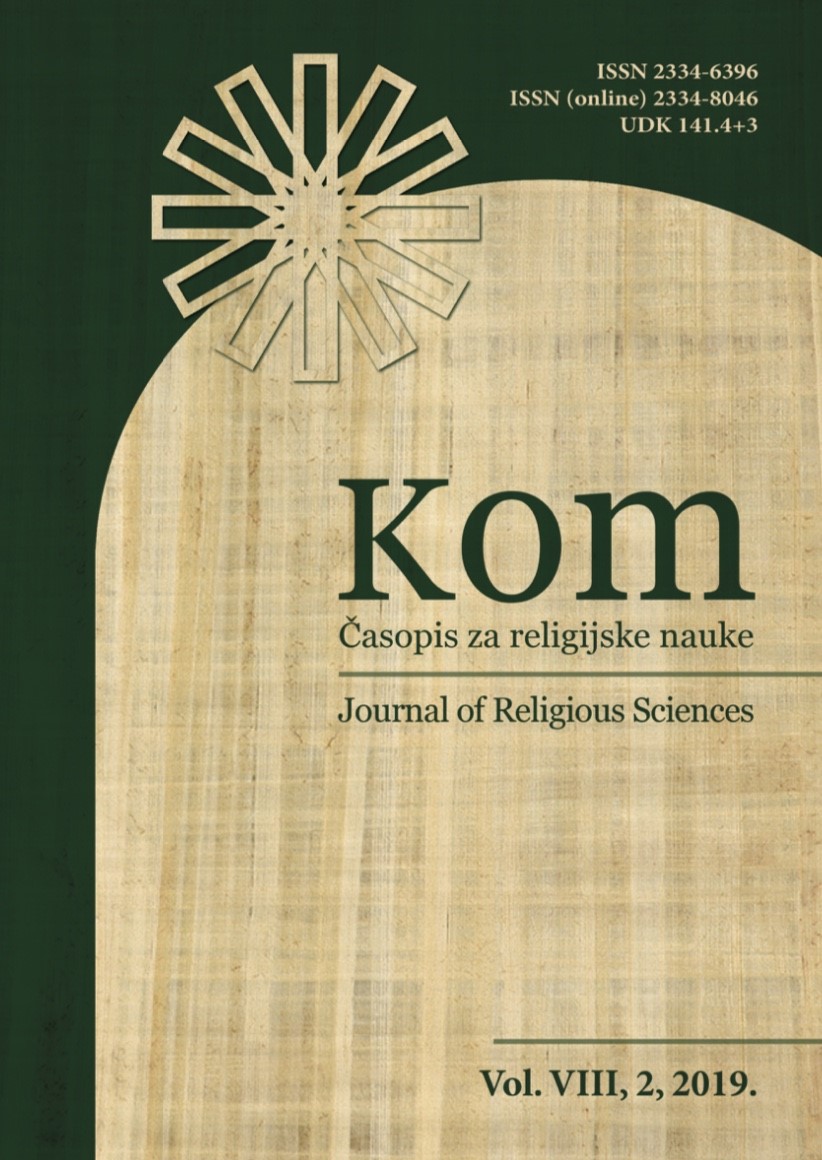Mystical Outcomes and Results of Ibn Arabi’s View on Embodiment of Deeds
Mystical Outcomes and Results of Ibn Arabi’s View on Embodiment of Deeds
Author(s): Mahdi Safaei, Morteza Agha-MohammadiSubject(s): Metaphysics, Islam studies, Philosophy of Mind, Philosophy of Religion
Published by: Centar za religijske nauke "Kom"
Keywords: embodiment of deeds; consistency; requitals; cessation of punishments; divine mercy;
Summary/Abstract: Muslim mystics have discussed the embodiment of deeds and examined different aspects of it before philosophers. They have also paid attention to the results of this view in their discussions. One of the most important results of the embodiment of deeds is to prove the existence of a creational (Takwini) relationship between the otherworldly requitals and the deeds of mankind which, according to the proportionality of deeds and requitals, is also a basis for other worldly requitals. Another aftermath of this theory is to accept some sinful people shall remain in Hell forever, while it has been denied by the seven principles of Ibn Arabī. Based on the precedence of Allah’s mercy over His rage or accidental being of human actions, the Sheikh seeks to justify the exodus of perpetrators from the everlasting retribution, while these principles have been criticized, and ultimately, their effectiveness in the cessation of the punishments has been seriously called into question. Of course, some commentators of the works of Muhyī Al-Dīn, such as Abd Al-Razzāq Kāshānī, have proved permanent punishments for human deeds based on their becoming secondary habits.
Journal: Kom: časopis za religijske nauke
- Issue Year: VIII/2019
- Issue No: 2
- Page Range: 49-65
- Page Count: 17
- Language: English

